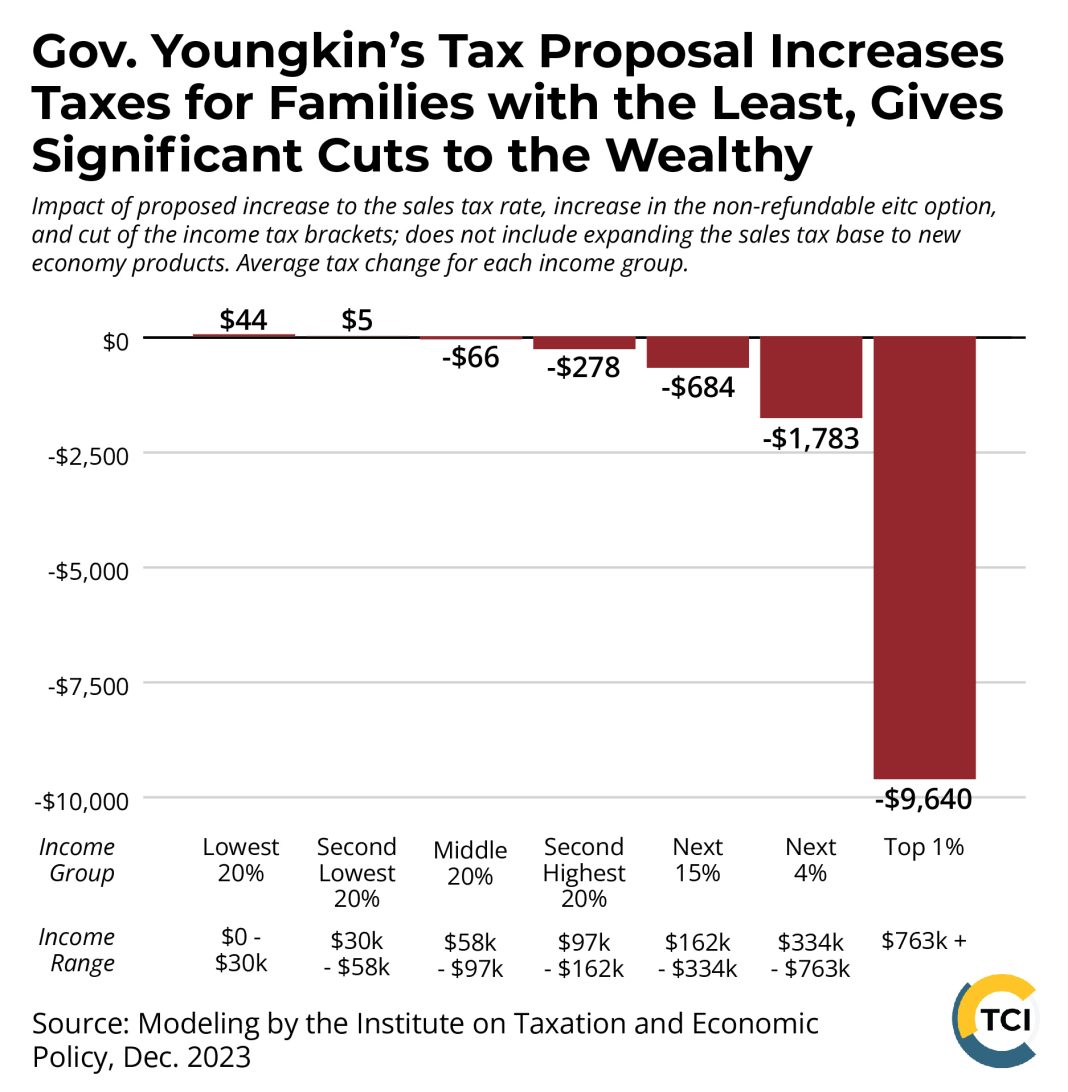The U.S. Supreme Court has ruled that the Consumer Finance Protection Bureau (CFPB) is constitutional, dealing a blow to conservative opponents of the agency. The CFPB, an independent agency responsible for overseeing payday lenders, credit card companies, and student loans, has long been a target for partisan attacks. However, the court’s 7-2 decision confirmed that the agency’s funding mechanism is perfectly constitutional.
The court’s conclusion was based on the fact that Congress had passed a law authorizing specific sources of funding for the CFPB, which satisfied the Appropriations Clause of the Constitution. This ruling not only upholds the legitimacy of the CFPB but also has broader implications for other regulatory agencies facing challenges from conservative opponents.
In fact, this term, the Supreme Court is considering cases that could curtail the powers of the Securities Exchange Commission and undermine a landmark standard for regulatory oversight. Challenges to the National Labor Relations Board are also making their way through lower courts. Conservative legal luminaries have urged the justices to shrink the administrative state in all three cases, but they lost even Justice Clarence Thomas in the CFPB challenge.
The case against the CFPB was brought and funded by payday lenders who claimed that the agency’s funding mechanism was unconstitutional. If successful, this argument would have invalidated every regulation issued by the CFPB, including rules for high-interest loans that had irked payday lenders in 2017. However, the Supreme Court rejected these arguments and affirmed the constitutionality of the CFPB’s funding model.
The attempt to dismantle the CFPB had strong conservative support, with former solicitor general Noel Francisco arguing on behalf of payday lenders. Various conservative organizations, including the U.S. Chamber of Commerce and a coalition of Republican attorneys general, filed friend-of-court briefs urging the court to sink the CFPB or at least cut off its funding. Despite this support, the Supreme Court majority rejected these arguments and upheld the agency’s funding model.
One of the central disagreements among the justices, even within the majority, was whether ancient history should matter when facing modern issues of regulation. Justice Thomas, an arch-originalist, looked back to the Middle Ages, the Magna Carta, and the Glorious Revolution to support his opinion. On the other hand, Justice Kagan pointed out that there are more recent centuries to consider and that the government’s actual workings over time should inform decisions about funding agencies like the CFPB.
Justice Ketanji Brown Jackson, writing for herself, suggested that ancient history has limited lessons for 21st-century issues like financial regulation. She argued that Congress had passed the Dodd-Frank Wall Street Reform and Consumer Protection Act in response to the 2008 financial crisis, and the payday lenders challenging the CFPB were exactly the type of entities that Congress sought to regulate. She emphasized that the Constitution empowers political branches to address new challenges through new laws and policies without undue interference from the courts.
In dissent, Justices Alito and Gorsuch argued that the CFPB goes against the original understanding of the Appropriations Clause and the centuries of history that gave birth to it. They cited historical figures and events to support their argument but were ultimately in the minority.
The Supreme Court is expected to issue its remaining decisions on regulatory agencies’ authority and structure by July. Meanwhile, Senator Elizabeth Warren, who proposed establishing the CFPB as a law professor, praised the ruling but acknowledged that future challenges from Wall Street, banks, and their Republican allies are likely.

